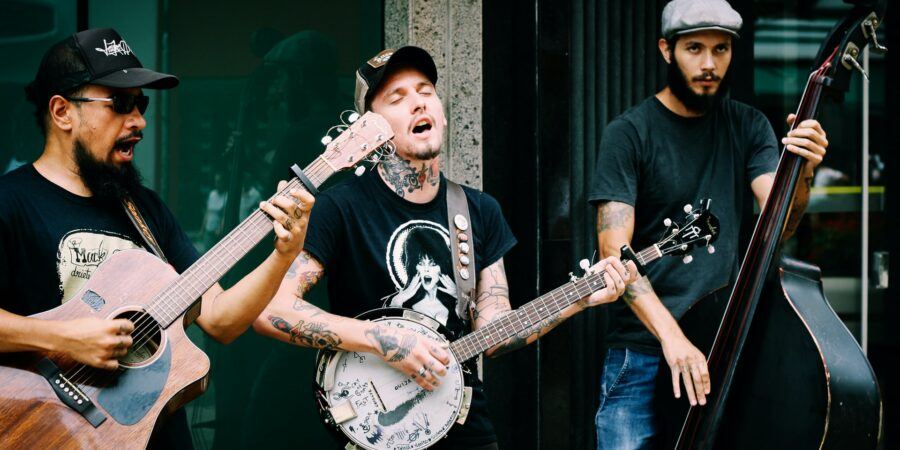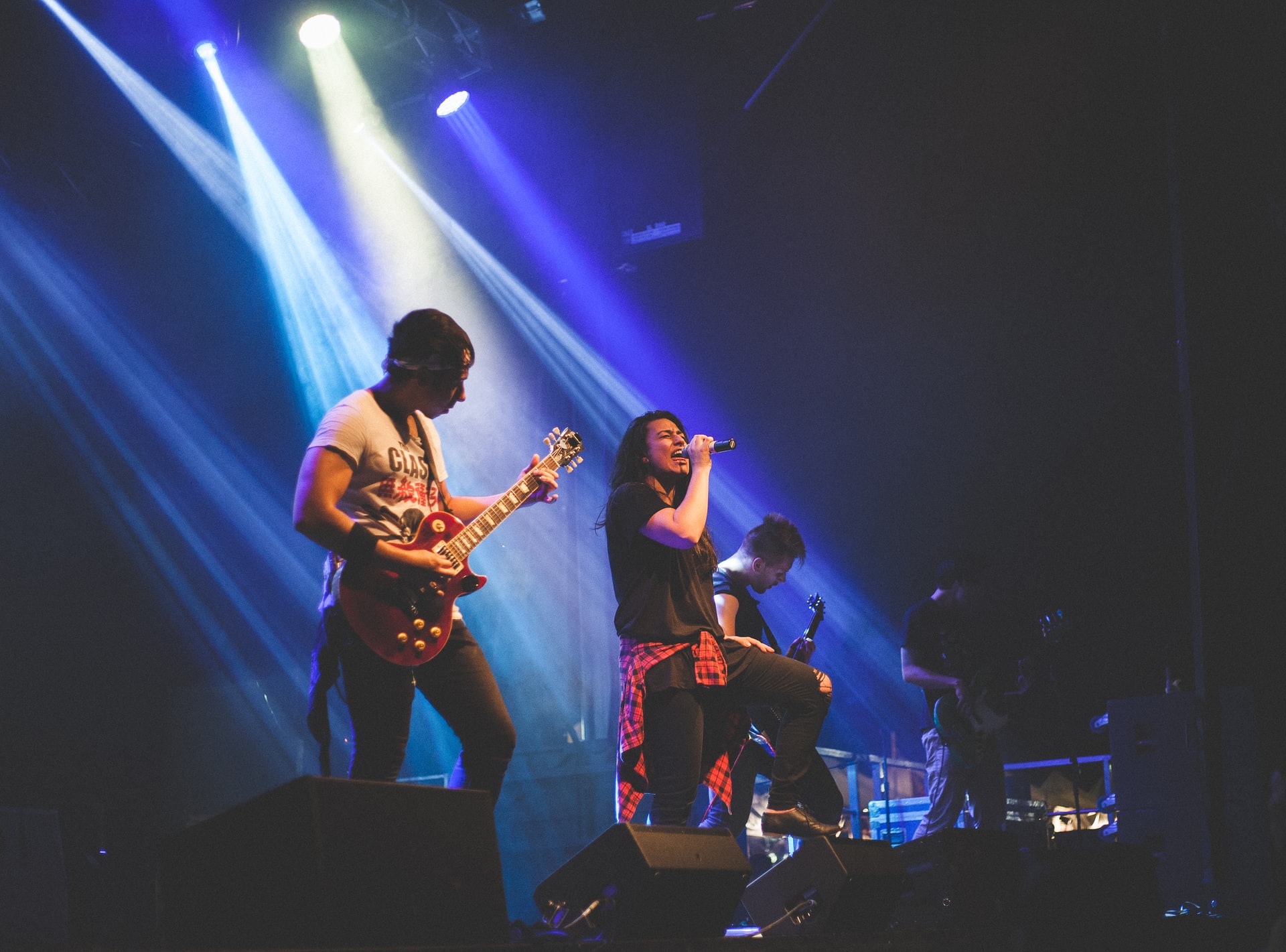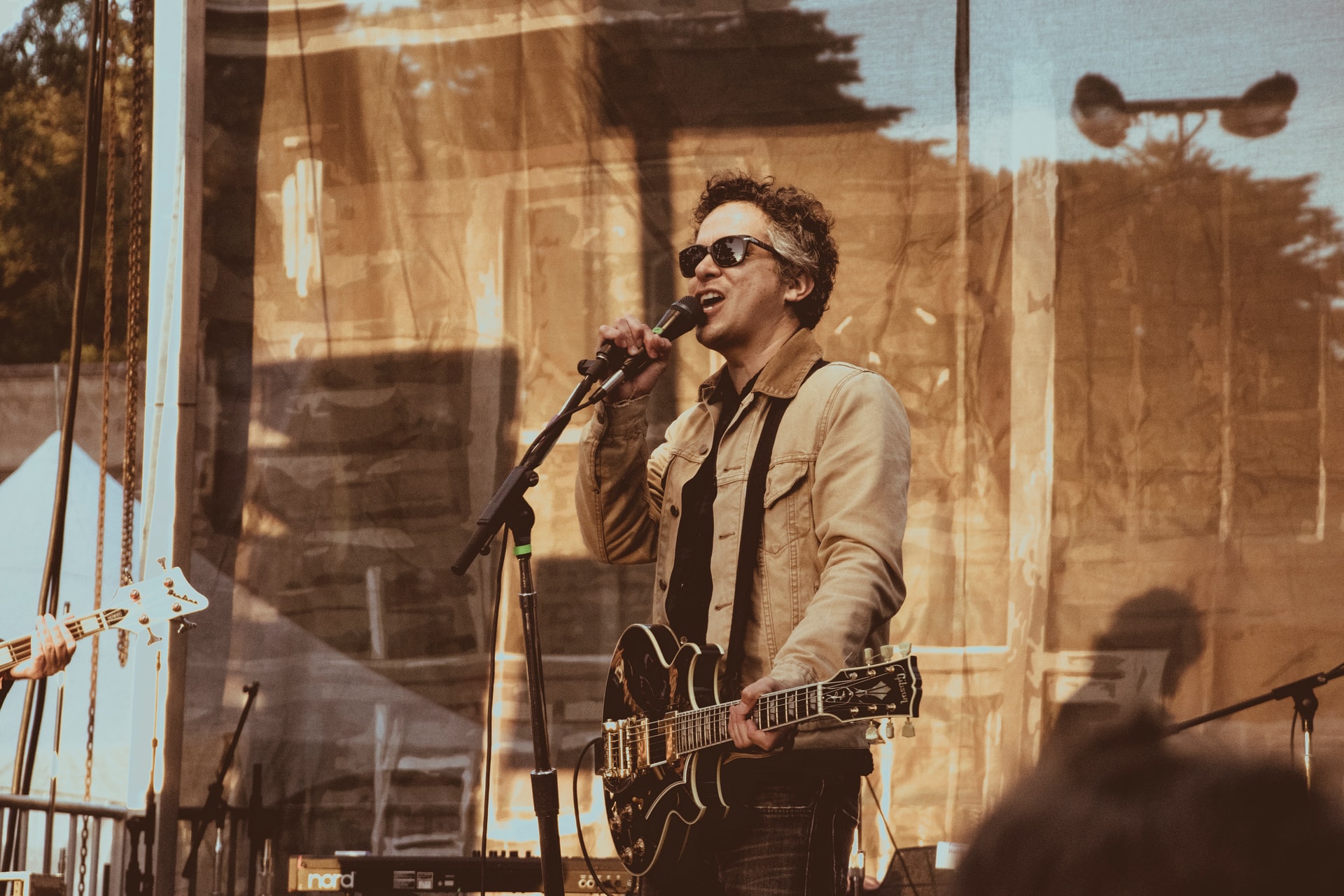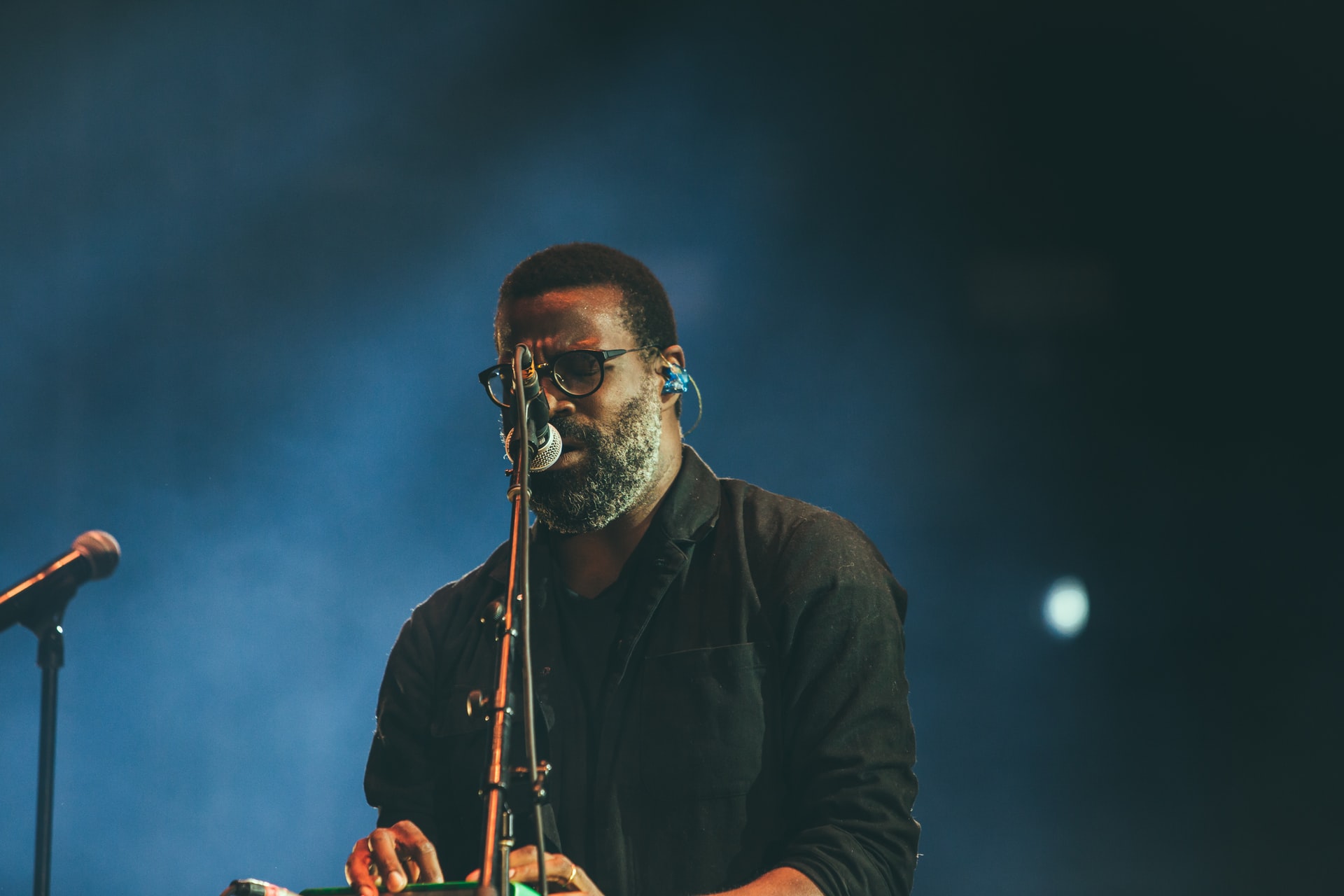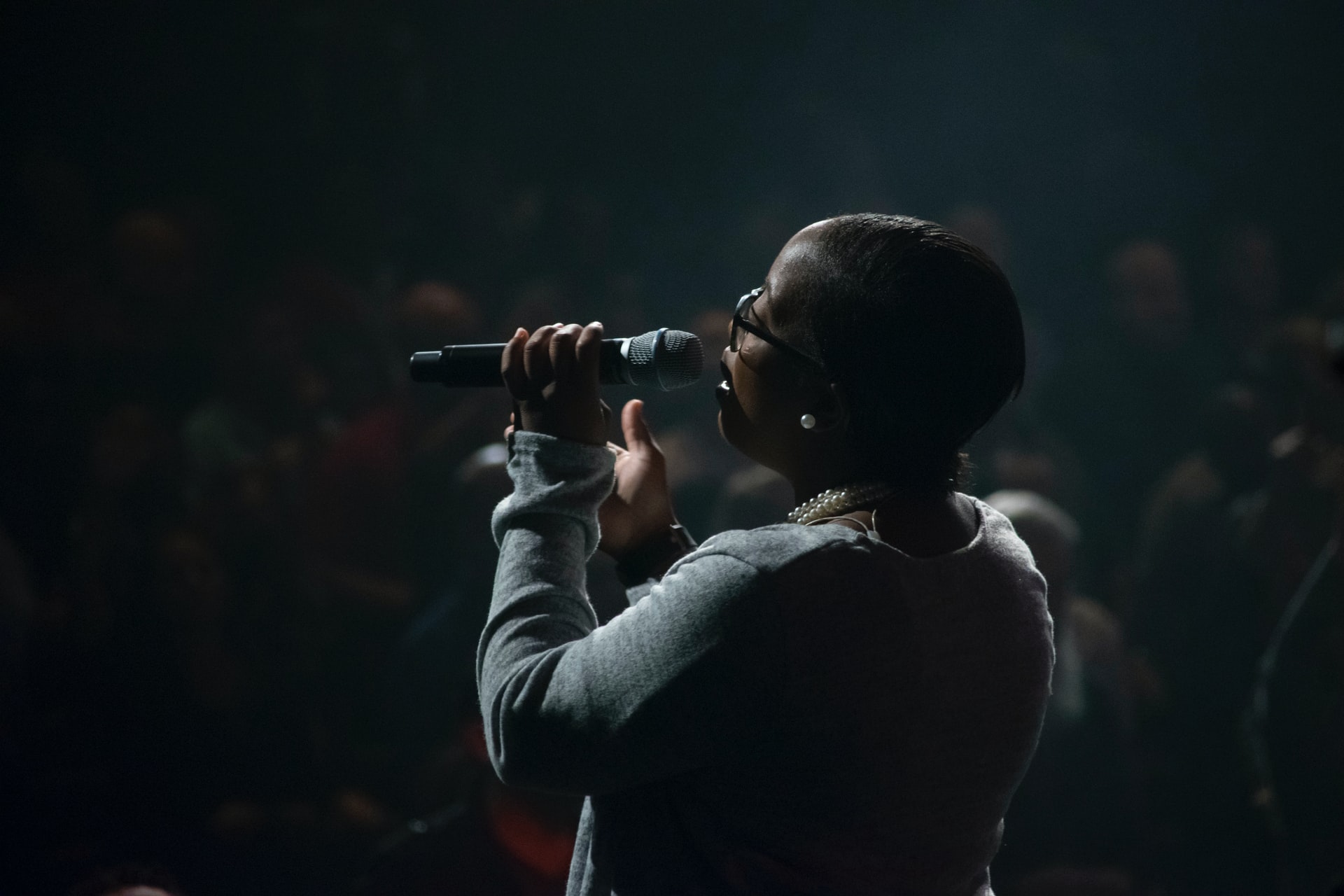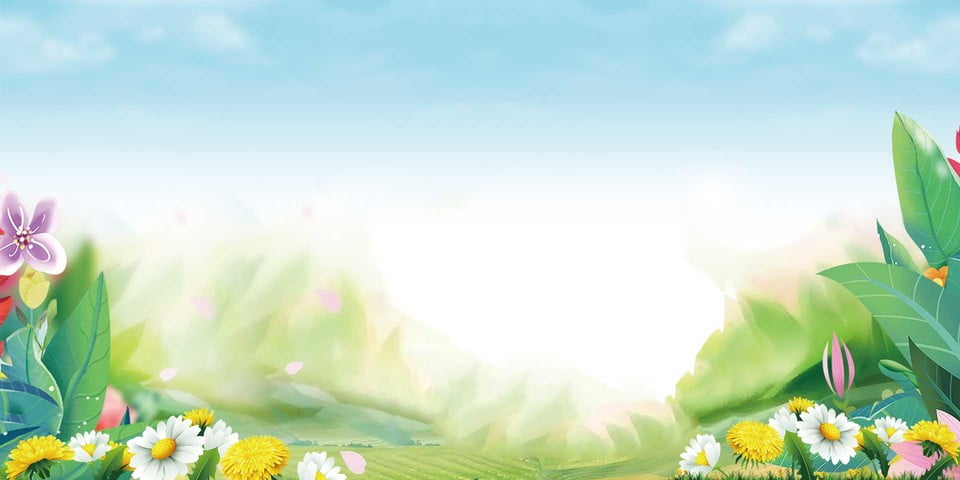Africa produces some of the world’s most talented artists, athletes, and campaigners. These African celebrities are trying to better their lives in a variety of fields, from the media to politics. The Borgen Project has compiled a list of the top ten African celebrities to keep an eye on.
Sudanese Supermodel Alek Wek:
Wek escaped the civil conflict in Sudan when he was 14 years old. With her parents and eight siblings, she went to London, England, where she was subsequently spotted at an outdoor market.
Alex Wek is a political activist, supermodel, and fashion designer. In 1996, she was signed by Ford Models, one of the most prestigious modeling agencies in the world.
By the year 1997, she made history as the first African model to grace the cover of Elle magazine. Wek continues to model while also serving on the Advisory Council of the United States Committee for Refugees.
In the fight against AIDS, Wek collaborates with World Vision. She also serves as a Sudanese ambassador for Doctors Without Borders. She is a member of the Dinka ethnic group.
Nigerian Musician Nneka:
Nneka is a soul singer of Nigerian and German ancestry. Her music is influenced by investigative journalism and philosophy. She frequently writes on poverty, war, and issues of social justice. Nneka emphasizes the significance of recognizing and appreciating balance and harmony.
Nneka Egbuna was born on the 24th of December, 1980, in Lagos, Nigeria. In addition to Igbo and English, she also starts singing in Nigerian Pidgin. Phyno is a talented Nigerian singer-songwriter-actor who has a wide range of musical abilities. Nneka Egbuna is at the top of the list when discussing notable Nigerian singers.
Ivorian Soccer Player Didier Drogba:
Didier Drogba was the captain of the Cote D’Ivoire national team and a key striker for Chelsea in England. His on-field performance is outstanding.
But it was at the 2006 FIFA World Cup that he made headlines for something far bigger. On live television, Drogba pleaded for a cease-fire in the Ivory Coast. Within a week, the feuding factions had calmed down.
Drogba is “the face of his country,” according to Telegraph reporter Alex Hayes. The symbol of a reborn Ivory Coast, post-civil war.”
He also established the Didier Drogba Foundation, which aims to “give financial assistance to those in need.”Material assistance to the African people in the areas of health and education. ”To combat malaria, the charity recently collaborated with United Against Malaria (UAM).
Nigerian TV Personality Patricia Amira:
Patricia Amirais describes herself as a “closet artist” and “optimistic realist.”She’s Africa’s “Oprah” and the host of one of the continent’s most popular talk shows. The Patricia Show is a show that cuts beyond national borders and identities.
The presentation focuses on African achievements and attempts to bring about social and cultural change. The Pan-African chat program has over 10 million viewers and is broadcast in over 45 African nations.
She is presently the Director of the African Fashion and Arts Festival. The festival promotes designer collaboration and emphasizes the relevance of artists. Amira is also an advocate for victims of human trafficking.
South African Film Director Neill Blomkamp:
Neill Blomkamp is a documentary filmmaker noted for his handheld filmmaking technique. Extraterrestrial refugees in a South African slum were the theme of the film.
The title is based on true events that occurred in District Six, Cape Town, during the apartheid era. The picture was a worldwide success, grossing $200 million at the box office. According to Time magazine, Blomkamp was one of the year’s most influential people.
Nigerian Actress Genevieve Nnaji:
Genevieve Nnaji rose from a middle-class upbringing to success in Nollywood. She is one of Africa’s most well-known celebrities. As one of eight children, Nnaji grew up in Lagos, Nigeria. Nnaji began her acting career on Ripples, a Nigerian soap opera when she was eight years old.
One of Africa’s most well-known actresses. She has appeared in over 80 feature films at the age of 32. She is one of the highest-paid actresses in Nigeria’s feature film industry, Nollywood.
Kenyan Binyavanga Wainaina, Author:
Binyavanga Wainaina launched Kwani?, East Africa’s first literary publication. The magazines described as “Sub-Saharan Africa’s most renowned literary newspaper.”After winning the Caine Prize for African Writing in 2002, Wainaina founded the journal.
The Caine Prize is an annual literary award given to an African writer for the finest original short story. He is well-known for his writing.
How to write about Africa in English? The short story is regarded as one of the most sarcastic works about Africa ever written.
Chimamanda Ngozi Adichie Is A Nigerian Author:
Chimamanda Ngozi Adichie is a renowned contemporary African author. Purple Hibiscus and Half of a Yellow Sun are two of her novels. Stereotypes are formed by a single-story, and the problem with stereotypes is that they are incomplete rather than wrong.
They turn one story become the only one,” Adichie explained. Her writing influences by Nigerian history and tragedy. She is a well-known author in the field of diasporan literature.
Nigerian Playwright Wole Soyinka:
Nigerian dramatist, author, and political activist Wole Soyinka. After pushing for a cease-fire during Nigeria’s civil war, Soyinka entered politics.
“The absence of criticism is the biggest threat to freedom,” Soyinka warned. As a result, he sentences to 22 months in prison. After his release in 1969, he resumed publishing.
In 1986, Soyinka became the first African to be awarded the Nobel Prize for Literature. In his work the Interpreters, he examines the lives of six African intellectuals.
Malian Musician Rokia Traoré:
With the publication of her first album, Mouneissa, in 1997, Rokia Traore became a household name. Ali Farka Touré, a Malian singer, aided Traoré in developing her sound.
Then she awards the title of “Best African Discovery” by Radio France Internationale. Traoré’s father was a Malian diplomat, and she spent her childhood traveling abroad.
Her music influences by her travels to Algeria, Saudi Arabia, France, and Belgium. In September 2012, Traoré joined the 30 Songs/30 Days campaign. The campaign backed the Half the Sky movement, which inspires by the same-named book.
Sex trafficking, sexual violence, and female education are among the issues addressed by the movement.
